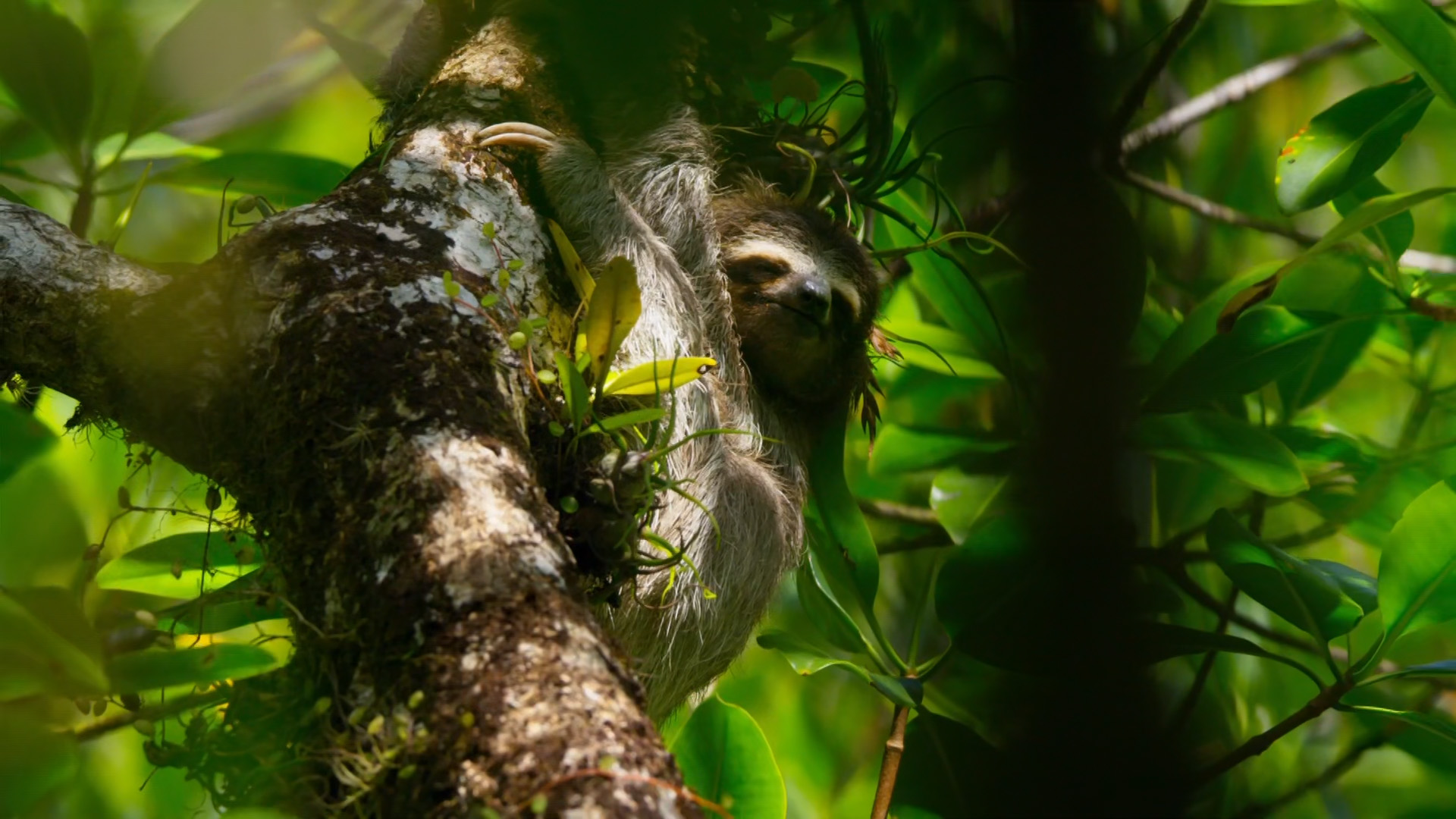
BBC Earth Announce 8 New TV Nature Documentaries
(Image credit: BBC Earth)
If you’re interested in nature documentaries, then the BBC have quite the announcement for you. In two news articles (linked at the bottom), they announced 8 new television series about natural history.
The five main shows are:
- Perfect Planet
- Frozen Planet II
- Planet Earth III
- One Planet: Seven Worlds
- Green Planet
And they also announced three extra shows:
- The Mating Game
- Primates
- Earth’s Paradise Islands
That’s such a massive commitment from them, and I’m already super excited.
Perfect Planet
In the five-part series, we’ll see how the entire planet which is seemingly “perfect”, operates. It will show how the weather, ocean currents, solar energy, and volcanoes all play their part in supporting Earth’s diverse biological population. We’ll also get to see how certain animals are well-suited to their environments, such as the Vampire Finches in the Galapagos, which are part of the diverse group, known as Darwin’s Finches.
Episodes: 5 x 60 mins
Transmission: 2020
Frozen Planet II
Ten years after Frozen Planet first aired, the second series is being released. As the name suggests, it focusses on the quarter of the earth that is entirely frozen. Animals such as the Siberian tiger, snow monkeys, penguins, and polar bears all thrive in cold conditions. But as temperatures rise, they might not be able to cope as easily.
Episodes: 6 x 60 mins
Transmission: 2021
Planet Earth III
Following on from the second series, that aired only back in late 2016, is coming back for a whopping eight-episode series. As usual, improvements to technology, such as robotic cameras, better submersibles, and stabilised rigs, will only help us see the planet in more detail.
Episodes: 8 x 60 mins
Transmission: 2022
One Planet: Seven Worlds
This series will be split into seven episodes, one for each of the continents (Well actually Eurasia is one continent, but people treat it as two). We’ll see how distinct each continent is from each other, and how they have shaped the life that’s found there.
Episodes: 7 x 60 mins
Transmission: 2019
Green Planet
Something that sometimes gets ignored on tv documentaries, is plant-life. Usually, the focus is on the animals living in specific habitats, but this series will focus on the surprisingly intricate life of plants.
I’ve read a lot on how trees communicate, using electrical signals through their roots (that are connected by fungi), so I hope this gets shown in more detail.
Episodes: 5 x 60 mins
Transmission: 2021
The Mating Game
Okay, so nearly every species on the planet needs to find some kind of partner to mate with. This series will show how various species have completely different ideas of what’s the best method of finding one. Some fight, others sing songs, and some dance. This sounds like it could provide a very interesting insight into unknown behaviours of animals. And there’s a technological bonus with this series, it’s being filmed in 8K!
Episodes: 5 x 60 mins
Transmission: 2021
Primates
There are a huge number of species of primates. Including apes, lemurs, and monkeys. They’re found all over the planet, in vastly different habitats from one another. And there’s one writing this very blog post. We’ll get to see new sides to these animals, how they use tools, solve problems, and also have a glance into their politics.
Episodes: 3 x 60 mins
Transmission: 2020
Earth’s Paradise Islands
Madagascar, Borneo, and Hawaii, are all exotic and remote islands. And in each of them, there’s fascinating animal species, and human cultures. So it sounds like it will be two sides to each story.
Episodes: 3 x 60 mins
Transmission: Unknown
Sources: